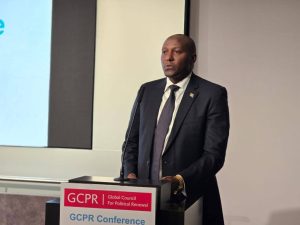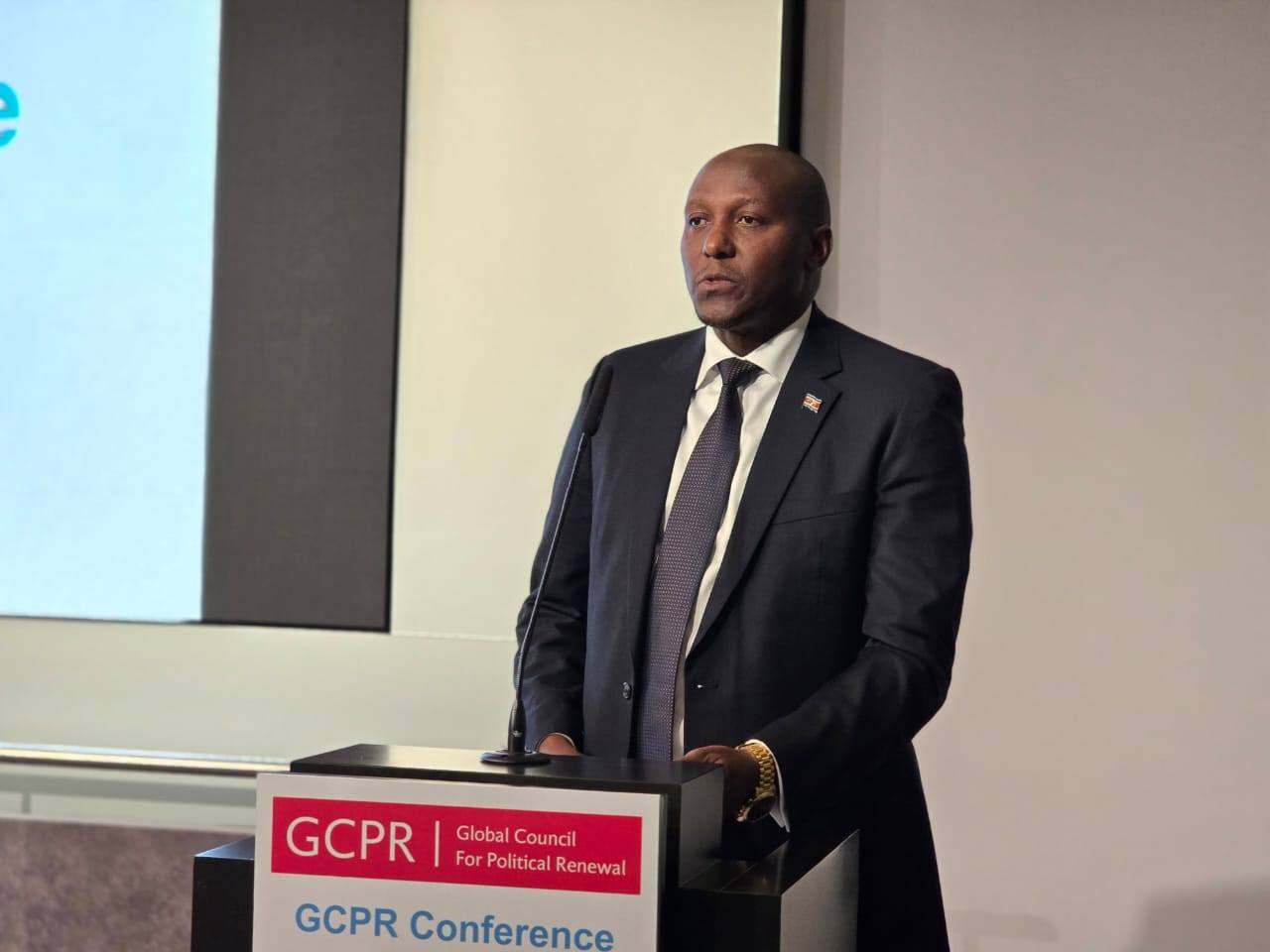by Ncaba Ntshakala
Prime Minister Russell Dlamini when speaking at the 3rd Annual Meeting of the Global Council for Political Renewal (GCPR) in Brussels, Belgium delivered a resounding endorsement of the European Union’s role in strengthening the country’s development.
Dlamini was addressing an audience of global leaders, policymakers, and governance experts, he emphasized the EU’s consistent and impactful support in strengthening governance, education, and economic resilience in Eswatini.
Dlamini opened his address by acknowledging the EU as a “reliable partner” that has significantly contributed to Eswatini’s national development.
RELATED: Prime Minister highlights mining sector as pillar of economic growth
He highlighted the EU’s role in backing key governance reforms, supporting educational programs, and providing vital market access for Eswatini’s agricultural products.
Central to his remarks was the impact of the EU’s assistance in introducing and sustaining Free Primary Education (FPE), which has given thousands of children an opportunity to receive basic education regardless of their socio-economic background.
“The EU’s commitment to fostering inclusive growth aligns with our own national development framework,” Dlamini stated.
“The introduction of Free Primary Education was a transformative milestone that opened the doors of learning to thousands of children, ensuring that no child is left behind.”
Apart from education, the Prime Minister highlighted the EU’s critical role in supporting constitutional reforms in Eswatini.

He cited the enactment of the 2005 Constitution, which enshrined fundamental human rights and freedoms, along with amendments to key legislation such as the Public Order Act, Industrial Relations Act, and the Suppression of Terrorism Act.
These changes, Dlamini noted, have not only aligned Eswatini’s laws with international human rights standards but have also strengthened the country’s governance and democratic processes.
In a notable mention, the Prime Minister expressed enthusiasm for the EU’s Global Gateway initiative, which focuses on Human Capital Development.
He noted that Eswatini is prioritizing Technical and Vocational Education and Training (TVET) to equip young people with market-ready skills, and the EU’s focus on human capital aligns perfectly with these national priorities.
Agriculture and trade also featured prominently in Premier’s remarks, as he acknowledged the EU’s contribution in providing market access for Eswatini’s beef, sugar, and, more recently, coffee.
RELATED: Japan’s Prime Minister Kishida to resign, paving way for new leader
“We are intentional about diversifying our agricultural sector,” he said. “Through the assistance of the EU, Eswatini has now entered the coffee market, and we are seeking international buyers for this high-quality product. Eswatini is a country on the move!”
Dlamini’s speech was not without a call to further strengthen collaboration.
He expressed optimism that Eswatini and the EU would continue to deepen their partnership, particularly in enhancing economic diversification, enhancing governance, and expanding educational opportunities.
“As we continue this journey, we look forward to strengthening our ties with the European Union and other international partners.
The progress we have made is a testament to what can be achieved when nations work together with mutual respect and shared purpose,” he concluded.


